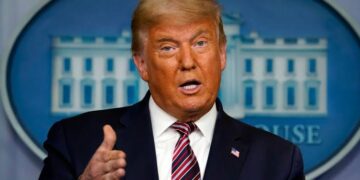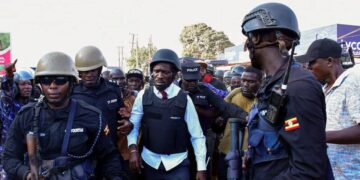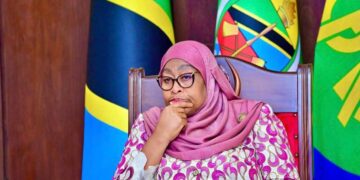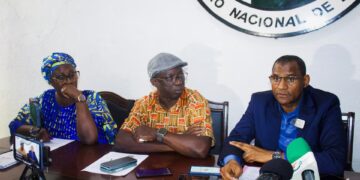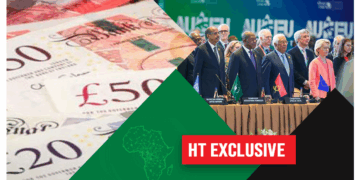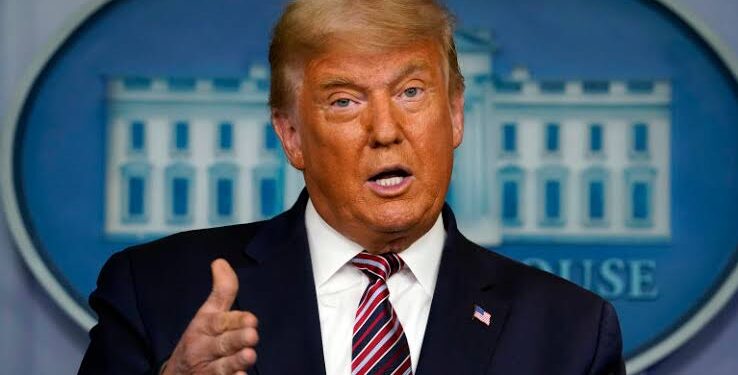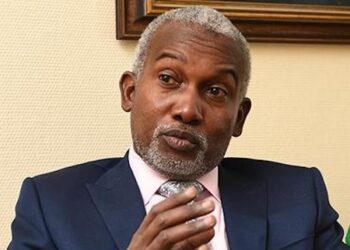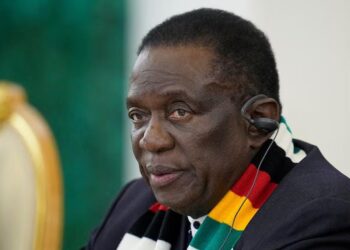In a move echoing his first-term immigration policies, President Donald Trump announced a sweeping new travel ban Wednesday that will prohibit entry for citizens of 12 countries and impose restrictions on seven others, effective Monday.
The decision, framed as a national security measure, comes just days after a terror attack in Boulder, Colorado, though the suspect hailed from Egypt, a nation not included in the restrictions.
The updated ban list includes Afghanistan, Myanmar, Chad, Republic of Congo, Equatorial Guinea, Eritrea, Haiti, Iran, Libya, Somalia, Sudan, and Yemen. Seven additional countries including Burundi, Cuba, Laos, Sierra Leone, Togo, Turkmenistan, and Venezuela face heightened vetting requirements.
Trump justified the measures by citing “deficient” screening protocols in affected nations and historical non-cooperation in repatriating citizens. The policy draws heavily on Homeland Security data tracking visa overstays, though critics note it excludes land-border crossings where most undocumented migration occurs.
The inclusion of Afghanistan has drawn fierce backlash, particularly from veterans’ groups. “#AfghanEvac president Shawn VanDiver called it “a moral disgrace,” noting the country’s 20-year partnership with U.S. forces. While Special Immigrant Visa holders are exempted, the ban halts most refugee resettlement from a nation that accounted for 14,000 U.S. arrivals in 2024.
Haiti’s first-time appearance on the list reflects deteriorating conditions as gangs control 85% of Port-au-Prince. The administration cited the country’s high overstay rates and lack of “central authority” for law enforcement coordination.
The order stems from a January 20 executive directive requiring security assessments of foreign nations. Unlike the chaotic 2017 rollout that sparked airport detentions and protests, this implementation includes a 72-hour buffer period.
While the Supreme Court upheld a revised version of Trump’s original “Muslim ban” in 2018, the new measure has already faced condemnation from humanitarian groups. Oxfam America president Abby Maxman denounced it as “about sowing division” rather than enhancing security.
Several listed nations, including Libya, Sudan, and Yemen, remain embroiled in civil conflicts with territory divided among warring factions. Iran, designated a state sponsor of terrorism, retains limited exceptions for existing visa holders and persecuted minorities.
The announcement signals Trump’s continued prioritisation of hardline immigration policies, even as legal scholars debate whether the revamped ban can withstand fresh court challenges. With the administration suspending refugee admissions and now expanding travel restrictions, the move solidifies a central pillar of Trump’s “America First” agenda during his second term.
